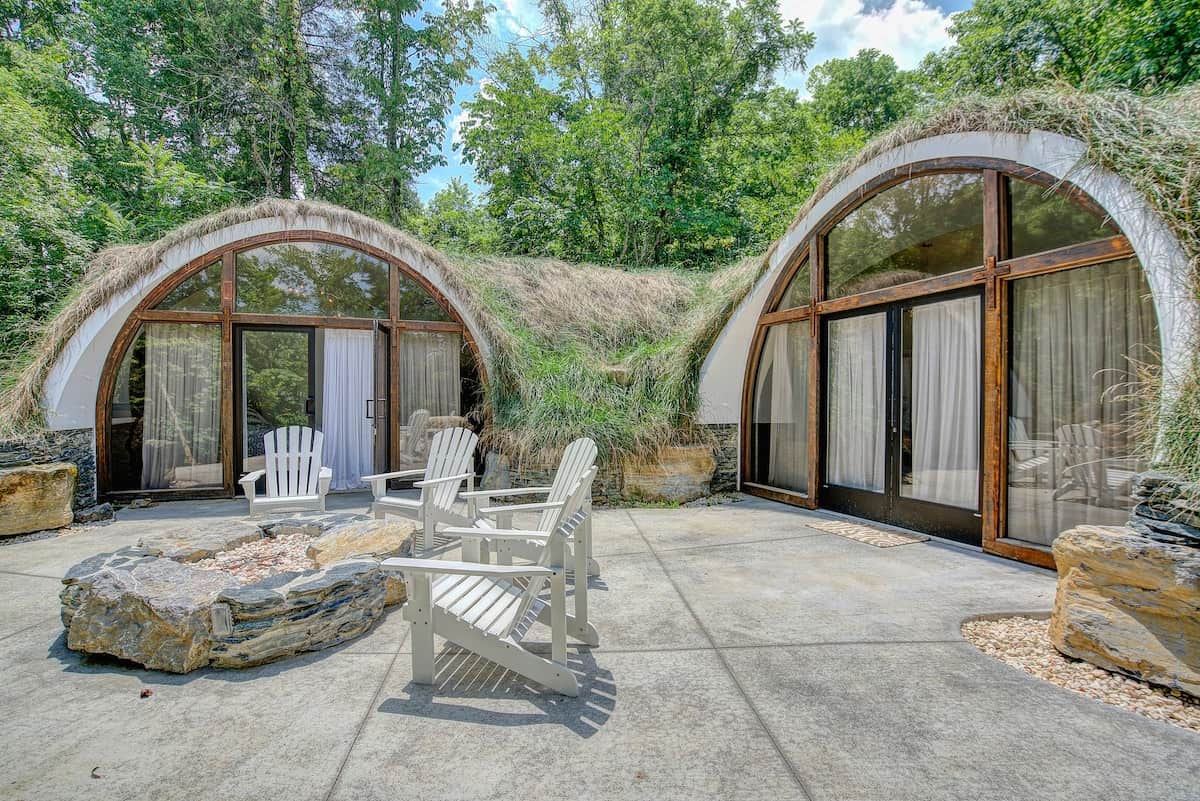

So why were they still working on this startup? Because of the experience they’d had as the first hosts. As a money-making scheme, this was pretty lousy: a year’s work and all they had to show for it was a binder full of maxed-out credit cards. One thing that’s clear is that they weren’t doing this just for the money.

People, like matter, reveal their nature under extreme conditions. Why hadn’t they given up? This is a useful question to ask. The stock market was in free fall and wouldn’t hit bottom for another four months. And now, in late 2008, it was the worst recession in decades. “He didn’t even finish his smoothie,” Brian said. They thought he was going to the bathroom, but he never came back. One investor they met in a cafe walked out in the middle of meeting with them. They had a binder full of credit cards they’d maxed out. They’d been funding the company with credit cards. They’d try this Y Combinator thing, and if the company still didn’t take off, they’d give up.Īny normal person would have given up already. After working on the company for a year and getting no growth, they’d agreed to give it one last shot. What we didn’t realize when we first met Brian and Joe and Nate was that Airbnb was on its last legs. He took a page of notes about ideas for new things Airbnb could do. By this point the company is ten years old. Jessica and I had dinner with Brian in the summer of 2018, just the three of us. “They probably have the best attitude of any startup we’ve funded” I wrote to Mike Arrington during the batch. If you suggested an idea to them in office hours, the next time you talked to them they’d not only have implemented it, but also implemented two new ideas they had in the process. When you talked to the Airbnbs, they took notes. No one ever worked harder during YC than the Airbnbs did. During the batch our nickname for Brian Chesky was The Tasmanian Devil, because like the cartoon character he seemed a tornado of energy. That first impression was not misleading. But the founders seemed so full of energy that it was impossible not to like them. Nor did users, at that stage they had no growth. Other times we’d just look at one another and smile. Sometimes after we interviewed a startup we’d be uncertain what to do, and have to talk it over. They did nothing half-way, and we could sense this even in the interview. What was special about the Airbnbs was how earnest they were. To celebrate Airbnb’s IPO and to help future founders, I thought it might be useful to explain what was special about Airbnb.


 0 kommentar(er)
0 kommentar(er)
